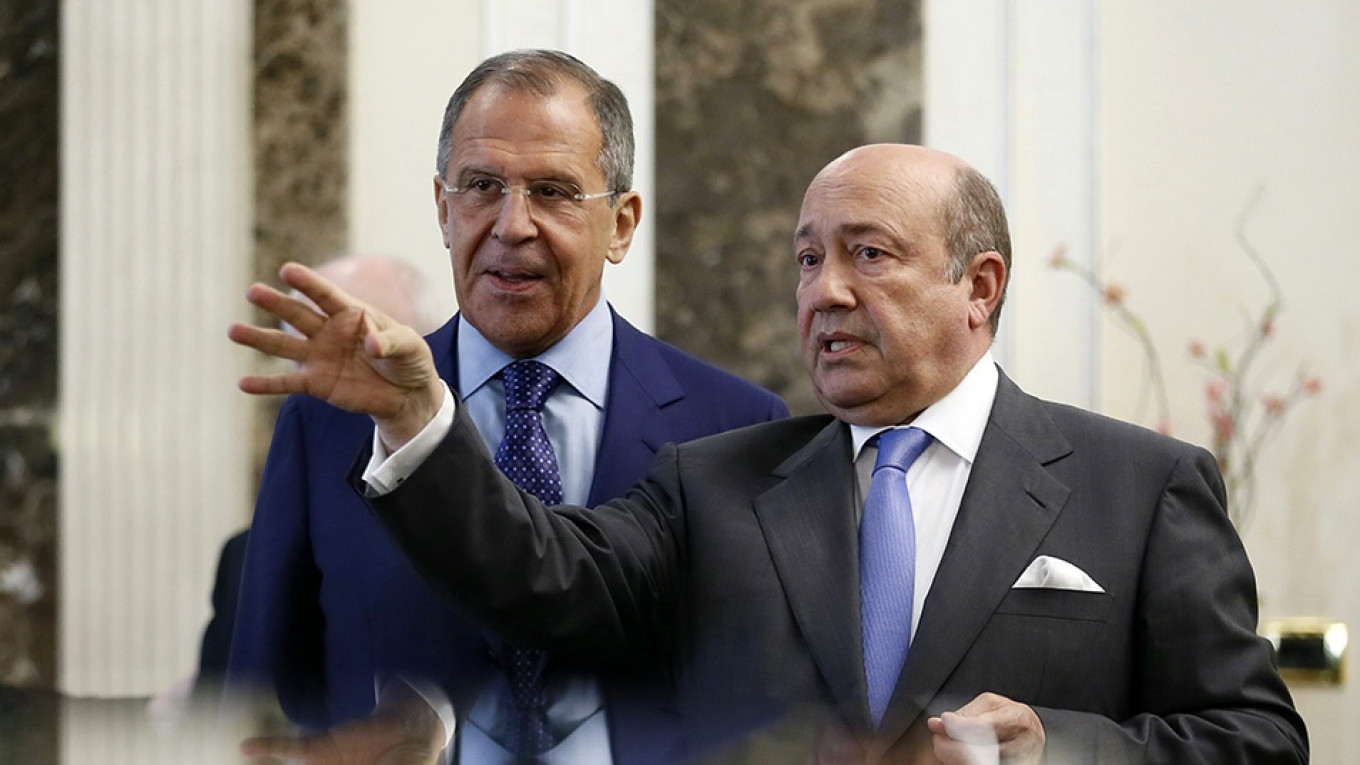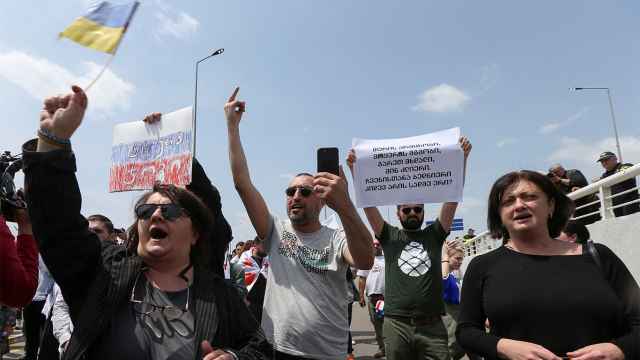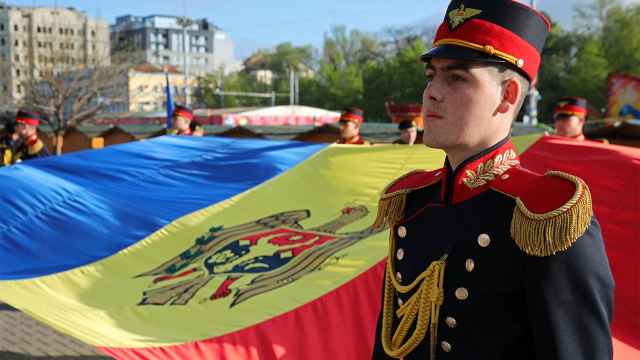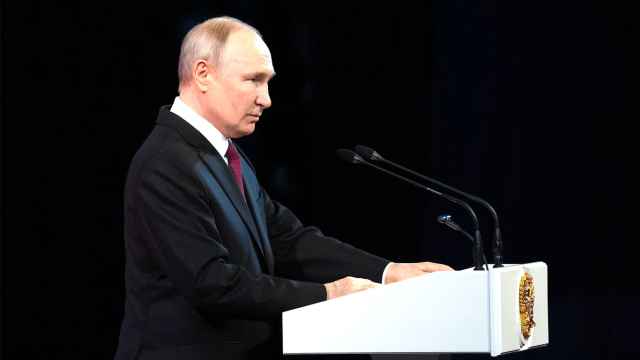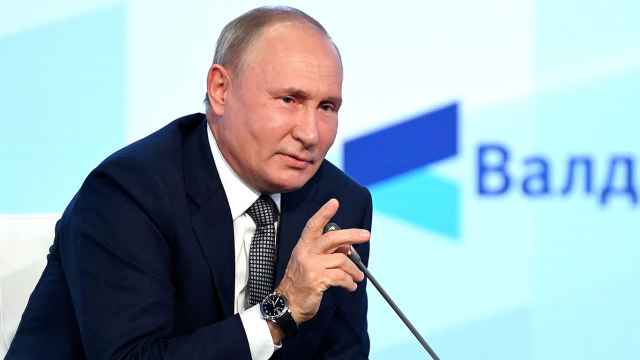Reflecting on 2018, it is tempting to point to the U.S. administration as the greatest global problem of today. In pursuing its goals, Washington does not seem to care about international law or multilateralism. It withdraws from crucial agreements and tries to impose its decisions on other countries.
In 2018, the White House pressured both its partners and opponents, which led to global instability.
But it would be a dangerous oversimplification to blame the problems of 2018 on Donald Trump and the United States. The reality is more complicated. The world is going through profound technological, economic and social changes. The pace of change calls for a new level of global governance, but old habits stand in the way. The greatest challenge of our time is a deficit of solidarity between states, including those entrusted by the UN Charter to maintain peace and security. Until they unite to tackle common challenges, the world will not be safe.
It would be difficult to single out just one threat looming on the horizon. Tensions between the U.S. and China could have profound negative implications for the world, including a global recession. The Middle East is explosive. We should not underestimate the danger of a clash between Iran and the U.S. or Saudi Arabia. Sadly, the Ukrainian crisis remains unresolved and limited progress on the Korean peninsula is still fragile. This is not to mention climate change, immigration or destabilizing transnational actors.
Each conflict has its roots, participants and dynamics. Yet they feed each other, destroy trust among international players, paralyze international organizations and complicate cooperation. A “perfect storm” — the cumulative impact of several crises taking place at once — is the greatest threat of 2019. We could fully destroy the old international system before we even start building a new one.
So, how can we do better in 2019? First, we have to agree that the critical task is restoring the shattered system of global management. The central dividing line in the modern international system is not between democracy and tyranny, but between order and chaos.
The building blocks of the international system will continue to be nation states. Therefore, the principle of sovereignty should be of paramount importance. Interdependence and integration can be accepted as long as they do not contradict the principle of sovereignty.
But there are limits to what even the most powerful states can accomplish unilaterally. With globalization, these limits become more and more apparent. Unfortunately, today we see powerful countries creating more problems than solutions. The United States is arguably the best example of a country with a unilateralist, shortsighted and egotistical foreign policy. Given the U.S.’ unique role in the modern international system, this is particularly dangerous.
However, this applies to all states — big and small, rich and poor, in the West and in the East. So far, no one can convincingly claim that their country has learned the uneasy art of multilateralism. Even the European Union — the leader of multilateral diplomacy — faces serious and diverse challenges. We should study multilateralism jointly, not in isolation.
This might sound unrealistic under the dire political circumstances, but I see no other way — neither for Europe, nor for the world at large. In the world of today, security is indivisible, and so is prosperity.
The emerging international system should reflect the changing balance of powers. Western-centric institutions should either undergo a profound transformation or be replaced by more inclusive, representative organizations. We should fully reject the concept of Western, or liberal, universalism in favor of developmental pluralism.
In 2019, the glass looks half-empty if you are trying to drain it. But it will look half-full if you are filling it.
Igor Ivanov was Russia's Foreign Minister from 1998 to 2004. The views expressed in opinion pieces do not necessarily reflect the editorial position of The Moscow Times.
A version of this article appeared in our special "Russia in 2019" print issue. For more in the series, click here.
A Message from The Moscow Times:
Dear readers,
We are facing unprecedented challenges. Russia's Prosecutor General's Office has designated The Moscow Times as an "undesirable" organization, criminalizing our work and putting our staff at risk of prosecution. This follows our earlier unjust labeling as a "foreign agent."
These actions are direct attempts to silence independent journalism in Russia. The authorities claim our work "discredits the decisions of the Russian leadership." We see things differently: we strive to provide accurate, unbiased reporting on Russia.
We, the journalists of The Moscow Times, refuse to be silenced. But to continue our work, we need your help.
Your support, no matter how small, makes a world of difference. If you can, please support us monthly starting from just $2. It's quick to set up, and every contribution makes a significant impact.
By supporting The Moscow Times, you're defending open, independent journalism in the face of repression. Thank you for standing with us.
Remind me later.



